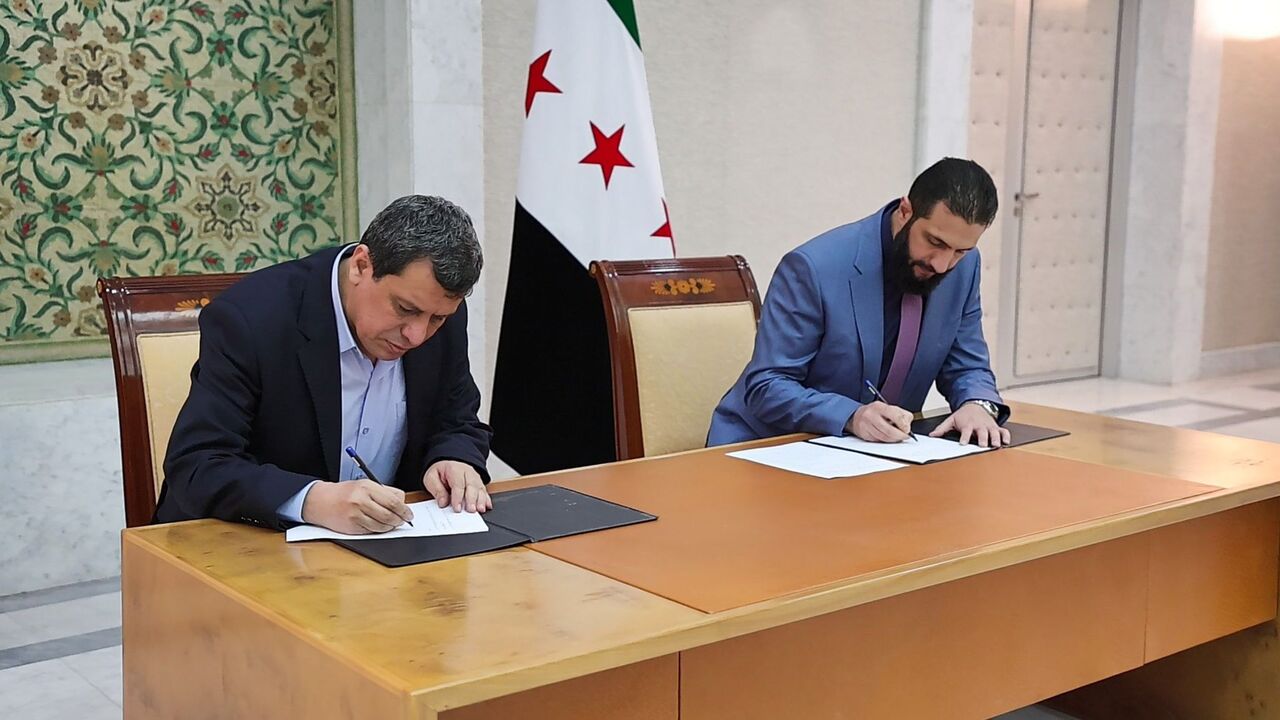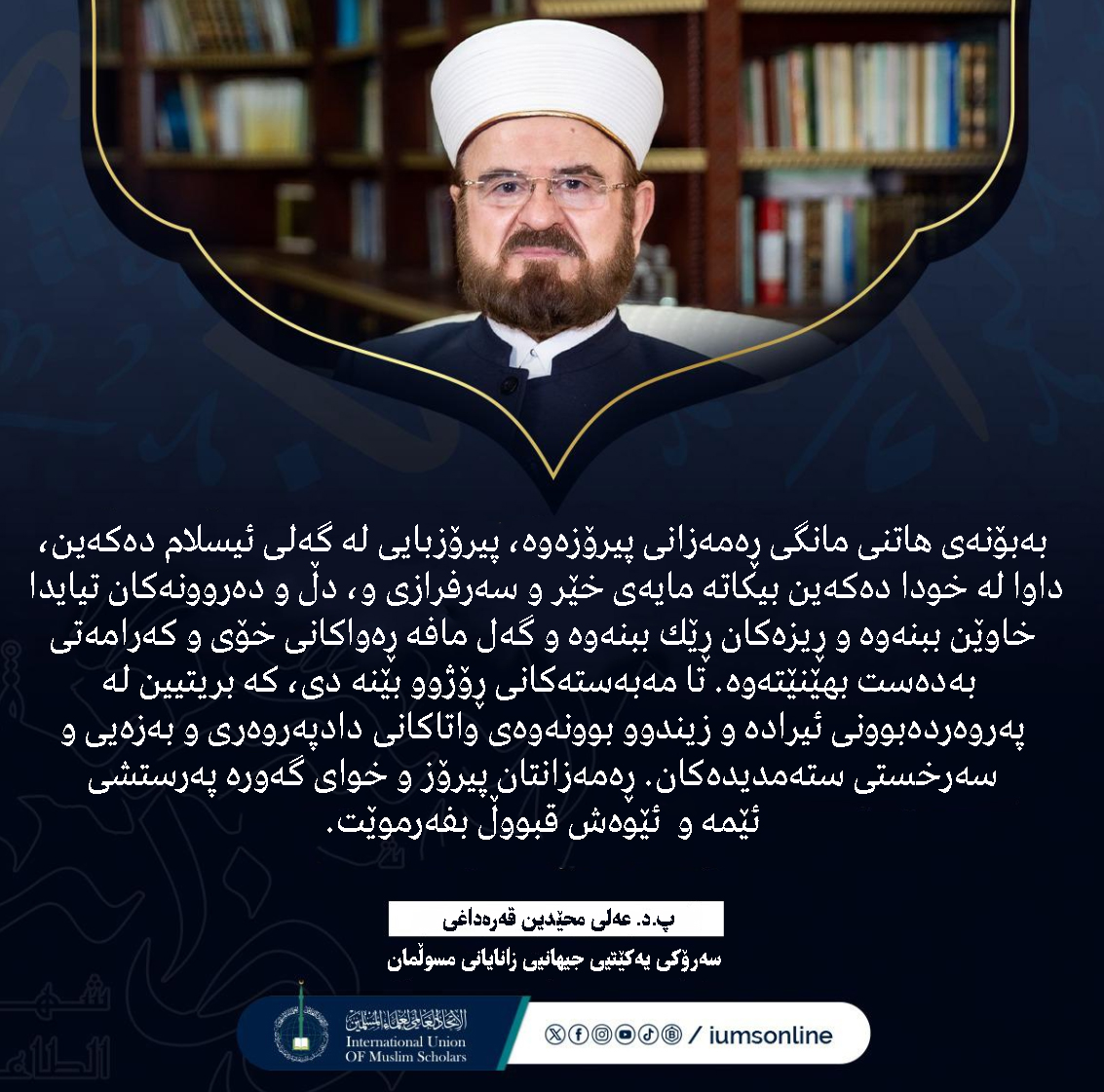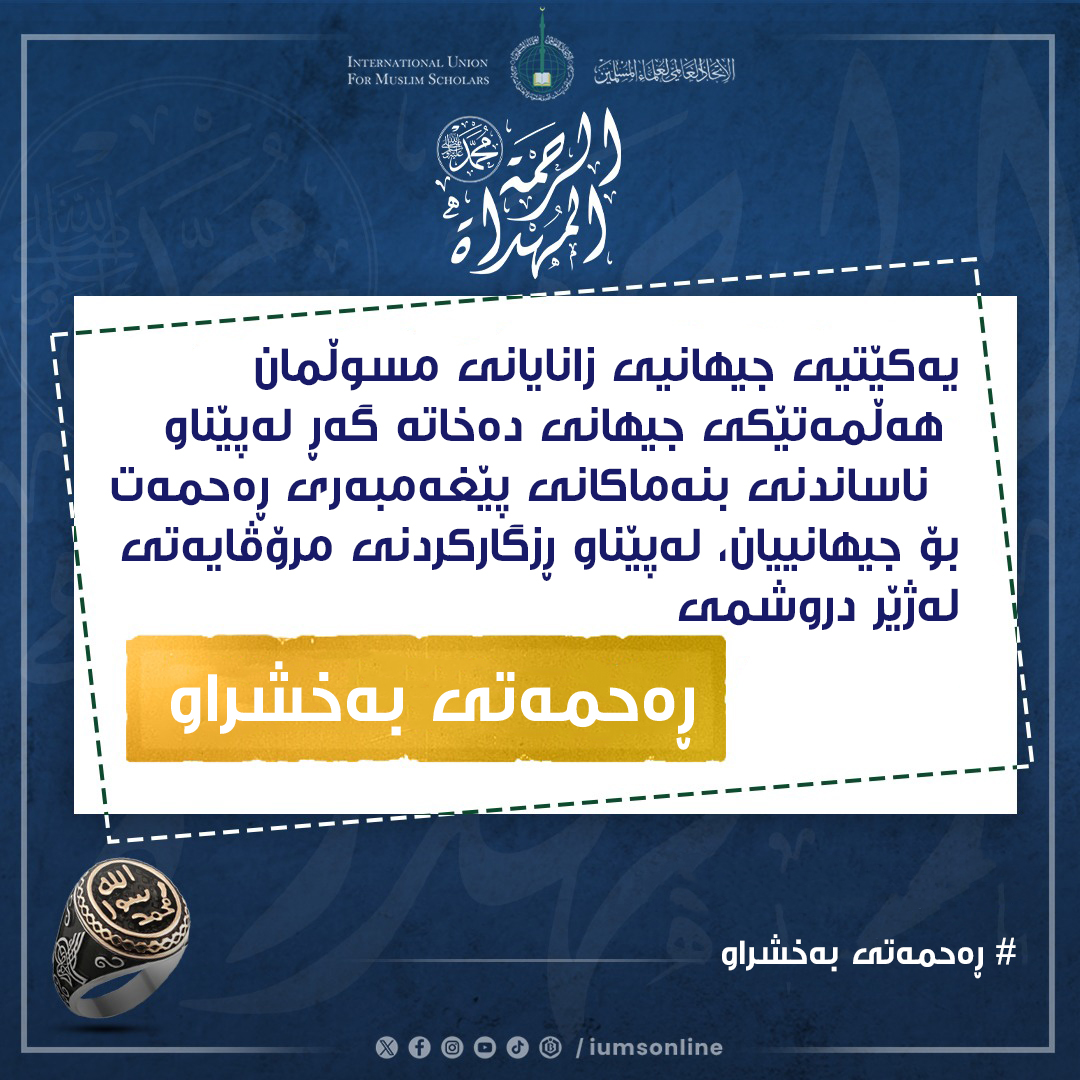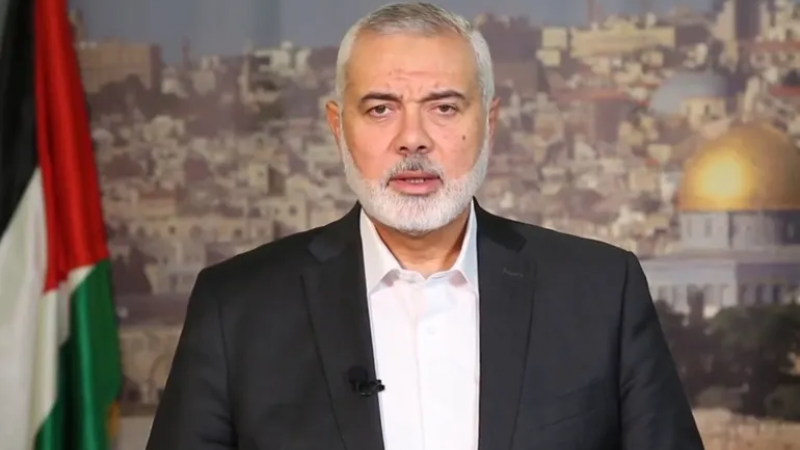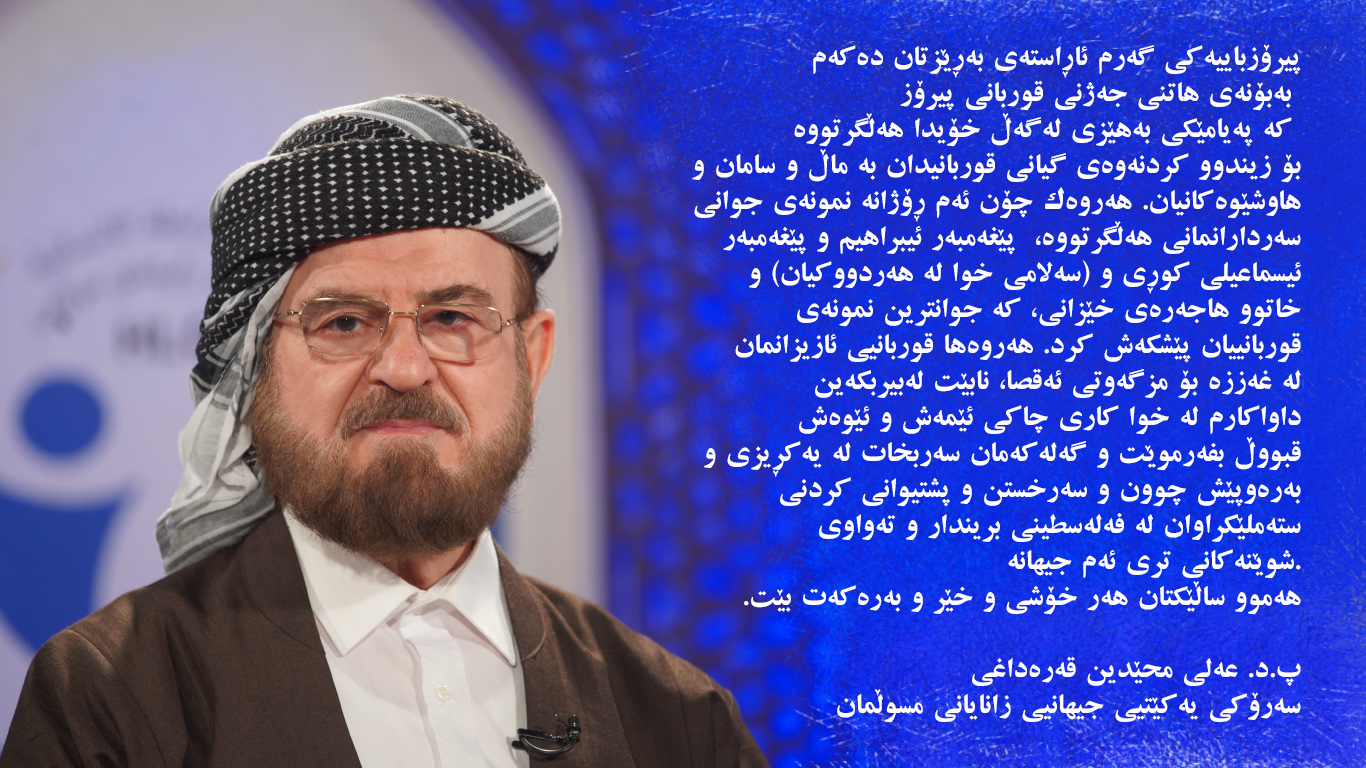Sep 26 2025
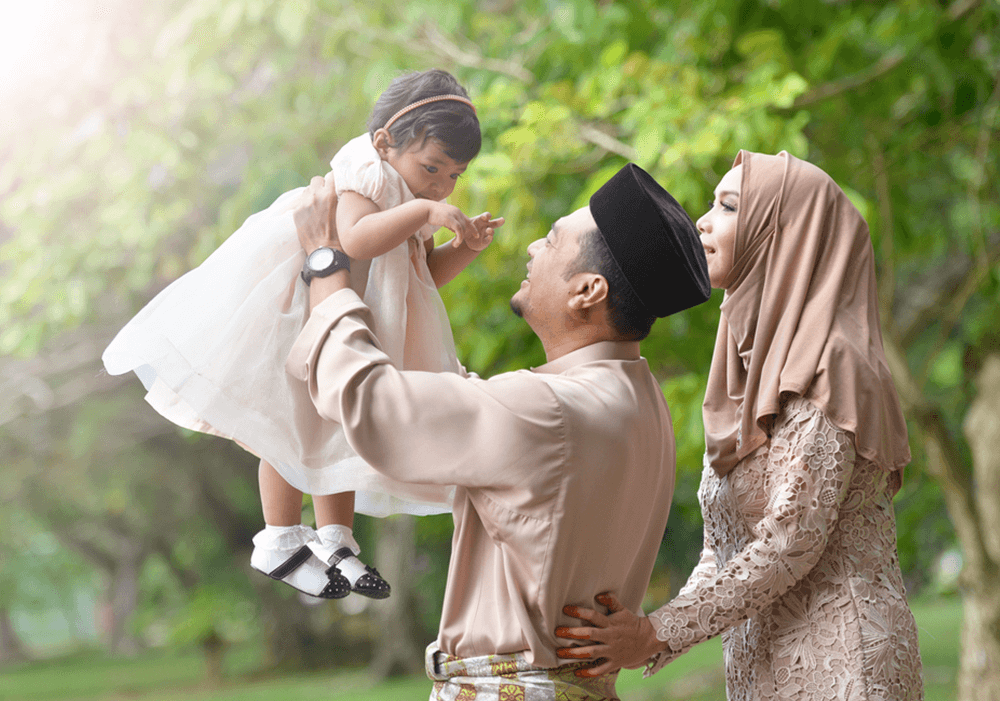
"Foundations of a Strong Muslim Family"
Allah Almighty desires this Ummah to be the best Ummah sent forth for mankind. This excellence is not based on race or ethnicity, but on good characteristics, service, strength, dignity, and mercy. Therefore, Allah Almighty has given great importance to the family in the Holy Quran. Allah Almighty has willed, through His verses, that the family in Islam be a tranquil, stable, strong family, built on love and affection, on respect, and on shared rights.
One Soul
Allah Almighty has laid down several foundations for this family. One of the most important is what the Holy Quran indicates: (And among His Signs is this, that He created for you mates from among yourselves, that you may dwell in tranquility with them, and He has put love and mercy between your hearts: verily in that are Signs for those who reflect), (meaning: Among His signs is that He created for you spouses from yourselves, so that your hearts may find peace with them, and He has placed love and affection between you. Indeed, in this are many proofs for those who reflect). This noble verse encompasses several fundamental principles for shaping actions and for building a strong and loving family.
Among the most important of these principles is that we are of one gender, man and woman are from one soul, which is our father Adam (peace be upon him) and mother Eve. As stated in most noble verses, Allah Almighty created Eve from Adam himself; so that she would be a part and parcel of him, without differentiation or belittling. A person's love for a part of himself – like his heart and all his organs – must extend to his spouse, because she is a part of him. Being one soul is the foundation of cooperation and strength, and acknowledging that we are of one gender and one soul puts an end to the ignorant pride and bigotry that, unfortunately, is prevalent among us today.
No one is better than the other; the goodness of man and woman is by good deeds. The fact that a man possesses certain qualities that differ from a woman, or that a woman has certain qualities, these differences are complementary and are based on the jurisprudential principle of balance, not on the superiority of one over the other. Therefore, the saying of Allah Almighty: (And the male is not like the female), (meaning: The male is not like the female), encompasses both genders; just as the male is not like the female, similarly the female is not like the male. Each has its complementary qualities, and the universe and human life would not continue without this complementarity. If all people were men, generations would end and humanity would perish, and vice versa. So this is complementarity and balance; no one should consider himself better just because he is a man, or consider himself better just because she is a woman.
In this regard, the Holy Quran wanted this Ummah to be based on a true equality, which is a balanced equality. Because absolute equality is not justice, but balanced equality is justice. There must be equality in rights and duties, but there are differences in responsibilities and specializations, but these differences are within the framework of complementarity.
Two Complementary Halves
The second principle is in the saying of Allah Almighty: (And among His Signs is this, that He created for you mates from among yourselves), (meaning: Among His signs is that He created for you spouses from yourselves). For the word "azwajan" (mates), when two things are equally paired, they are called "zawj" (pair). This means complementarity, as we mentioned in the first principle. One half of the pair is the woman and the other half is the man. Therefore, this means that no one should look down upon the other, or diminish their role. The role of humanity is built upon this marriage.
If this is the case, then there must be understanding between husband and wife; even if there are problems between them! Both sides must be patient until they reach this understanding.
Tranquility and Mercy
Then Allah Almighty clarified another principle, which is the principle of tranquility. A man cannot live a true life, a purposeful life, a stable life, and a balanced life, unless he has a woman with whom he finds peace and stability, and the same applies to a woman.
Therefore, mutual interests dictate that the relationship be based on this tranquility for both parties. A man needs a woman, and vice versa. Therefore, both parties must sacrifice for the sake of this tranquility. Tranquility is psychological and familial stability, and this is desired. Without this tranquility and stability, chaos will arise, problems will arise, and dangerous factors will arise that will lead to the wandering of children and introduce a menacing personality into the social environment; because society is made up of families, and with their dispersion and instability, society becomes dispersed. But if families are strong, stable, dignified, firm, and full of love, then all of this will have an impact on society.
Even if there is no love between husband and wife, the principle of mercy must be the boundary that is not crossed. Our religion is a religion of mercy, and Allah Almighty has made mercy obligatory upon us. Also, all actions begin in the name of Allah, the Most Gracious, the Most Merciful, and our Prophet (PBUH) was sent as a mercy to the worlds. Therefore, even if there are marital problems, both parties must have mercy on each other. This is appropriate for all family members, not just the husband and wife. The family is built on gentleness, mercy, and obedience, and no humiliation is acceptable in Islam, except for humiliation before Allah Almighty. Also, bowing down to a brother and sister is not an undesirable humiliation, but is in the category of desired mercy and avoidance of arrogance. Allah Almighty says: (humble towards the believers, stern towards the disbelievers), (gentle, lenient, and forgiving towards the believers, strong and firm towards the disbelievers). Gentle and lenient towards the believers, then how should this be within the family? This is a fundamental principle; if there is mercy, then there will be no beating, or harming, or violence.
Retaining with Goodness (Imsek bil Ma'rouf)
One of the main principles in this area is the principle of retaining with goodness or parting with goodness. We cannot reach this principle until we have passed through all stages of reconciliation, including: estrangement, beating but with the conditions that Islam has set, arbitration by someone from the wife's family and someone from the husband's family, and also consulting social experts, as well as all other things that help in reconciliation between husband and wife.
Separation (divorce) must be the last resort. Satan is not pleased with anything as much as he is pleased with the separation of husband and wife, as stated in authentic Hadiths. There should be no haste in divorce as is happening now, rather there is now an excess in it, as some say: "I am divorced thrice" or "ten divorces and a hundred divorces"... etc. This is a violation of the Sharia of Allah Almighty and the Sunnah of the Prophet of Allah (PBUH) and a sin. This divorce with goodness is not permissible until all other avenues have been tried, only then when there is no other solution, then as they say: the last remedy is cauterization.
Consultation and Consent
Another principle within the family is consultation and consent. The principles of Islam reject the idea, as is said today, that there is dictatorship and that the family is built on the commands of one party (only the husband or only the wife). This is wrong according to the text of the Holy Quran. Allah Almighty commands agreement, consent, and consultation between husband and wife, as He says: (If they both desire) (meaning: husband and wife) (weaning) (to wean the child), the wife should not stop breastfeeding without consulting her husband, and likewise the husband should not command her to do so without her consent, because Allah Almighty says: (by mutual consent and consultation, there is no blame upon them). These two sentences, according to the jurisprudence of language, refer to active participation, meaning between both parties, in contrast to participation in influence. This verse implies that the guardianship of the husband is like the head of the administrative council, while the wife is like the executive head, if this expression is correct. If these two desire something, it must be by mutual agreement.
If this principle is required in the matter of breastfeeding, then it applies to all other matters, as stated in the books of jurisprudence and Usul. If we uphold a divine principle, then the family will be strong and stable and will proceed according to the principle of consultation. But if the husband only commands and the wife obeys or disobeys commands, then imperfection and problems will arise.
These are some of the main principles that make the family strong, merciful, interactive, consultative, and contented, just as Islam desires.
Written by: Prof. Dr. Ali Muhyiddin Al-Qaradaghi
President of the International Union of Muslim Scholars
